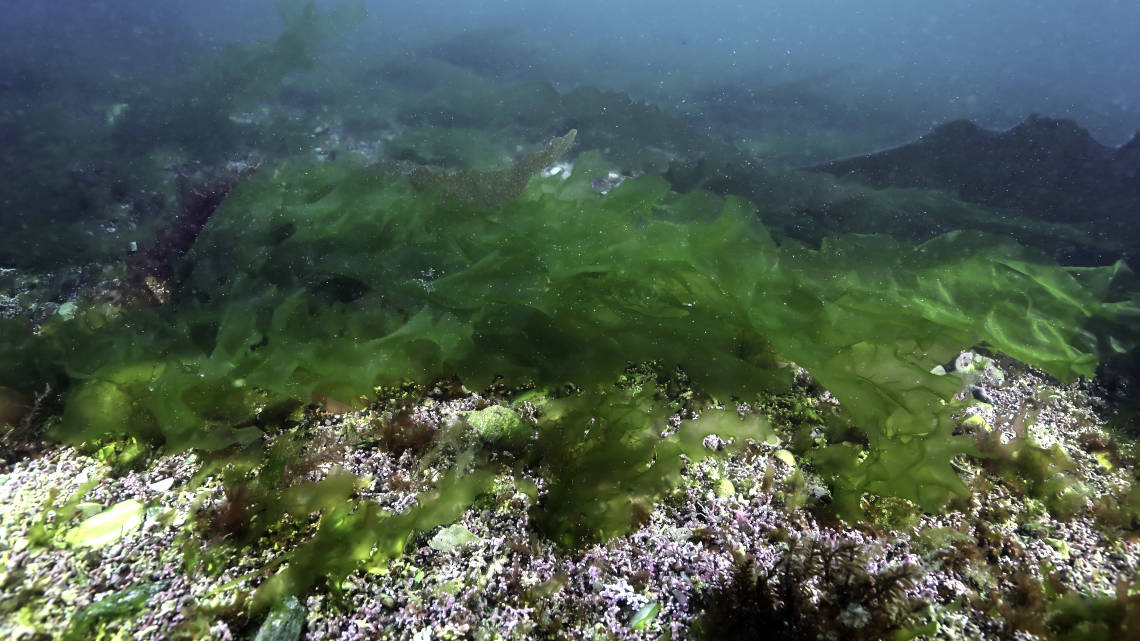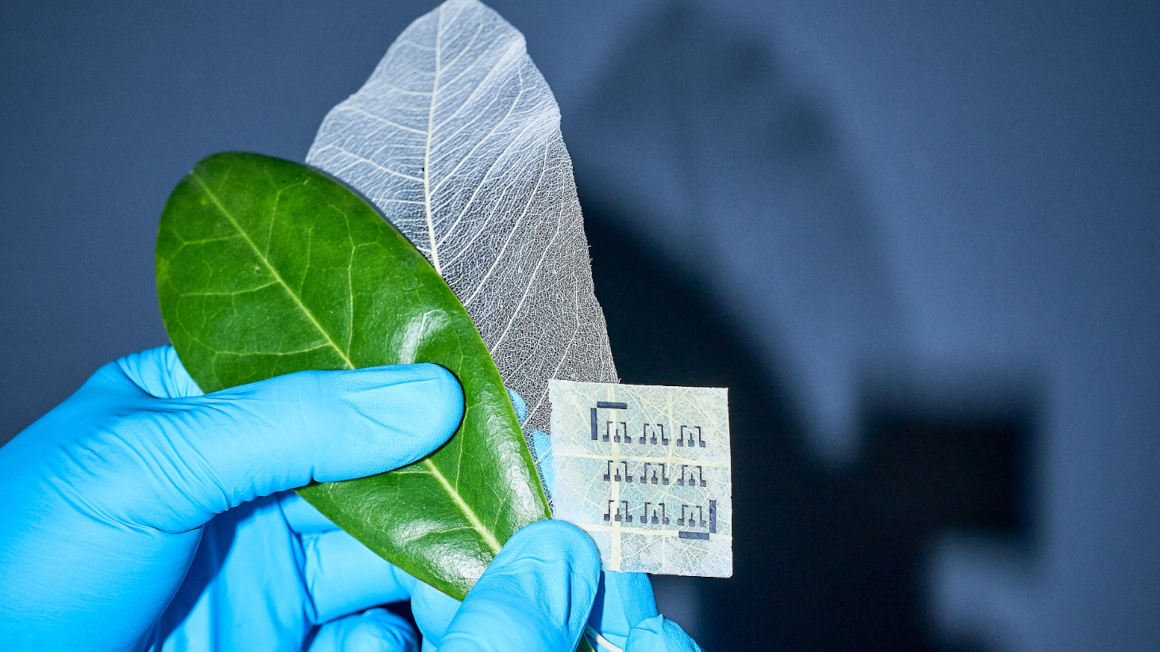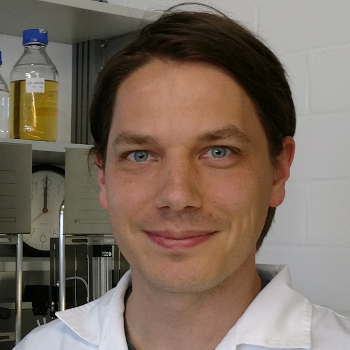Using algae sugar as a resource
Microbiologists have discovered how the highly complex multiple sugar Ulvan from sea lettuce is broken down into its components by a dozen enzymes.

Out of carbon dioxide and solar energy, land plants produce biomass, which contains valuable building blocks for the bioeconomy. It is easy to forget that algae also remove enormous amounts of carbon dioxide from the atmosphere - about as much as the entire land vegetation. Algae primarily produce multiple sugars, whose degradation products are important food sources for numerous marine organisms. One of these degradation processes has now been investigated by an international team of researchers.
Twelve enzymes involved in degradation
Scientists from the University of Greifswald, the Max Planck Institute for Marine Microbiology in Bremen, the University of Bremen, the Technical University of Vienna and the Biological Station in Roscoff (France) report in the journal "Nature Chemical Biology" how the multiple sugar Ulvan from the alga Ulva is degraded by the marine bacterium Formosa agariphila. Twelve enzymes are involved in the complex degradation pathway. The work is part of the DFG research project "Proteogenomics of marine polysaccharide degradation".
Making high-quality sugar building blocks accessible
"In our study we can show, for the first time, how marine bacteria completely decompose the highly complex polymer Ulvan from marine algae into its building blocks. These insights not only enhance our understanding of how microorganisms gain access to their food source. Using the newly decoded biocatalysts, the complex marine polysaccharide Ulvan can now also be used as a raw material for fermentations; and high-quality sugar components such as iduronic acid or rhamnose sulfate can be produced from the previously inaccessible resource provided by marine algae," says biochemist Uwe Bornscheuer from the University of Greifswald.
Great potential for biotechnology
His colleague Jan-Hendrik Hehemann, microbiologist at the University of Bremen and at the Max Planck Institute for Marine Microbiology, explains the significance of the study: "Polysaccharides from marine algae are chemically different from those of terrestrial plants. It is largely unknown how marine bacteria degrade algal polysaccharides." The detailed understanding of the enzymes involved in the degradation of Ulvan is not only of great value for future biotechnological applications, but also for central ecological questions concerning the marine carbon cycle.
bl/um


